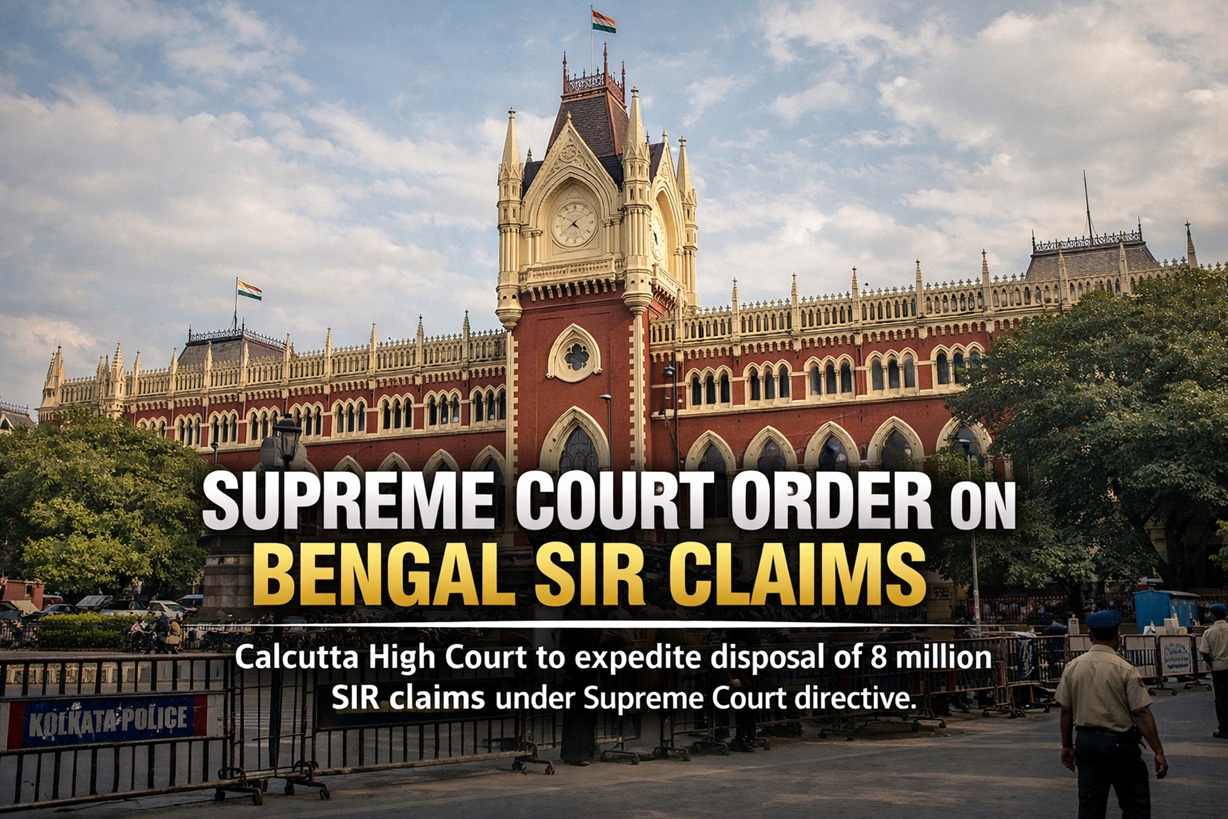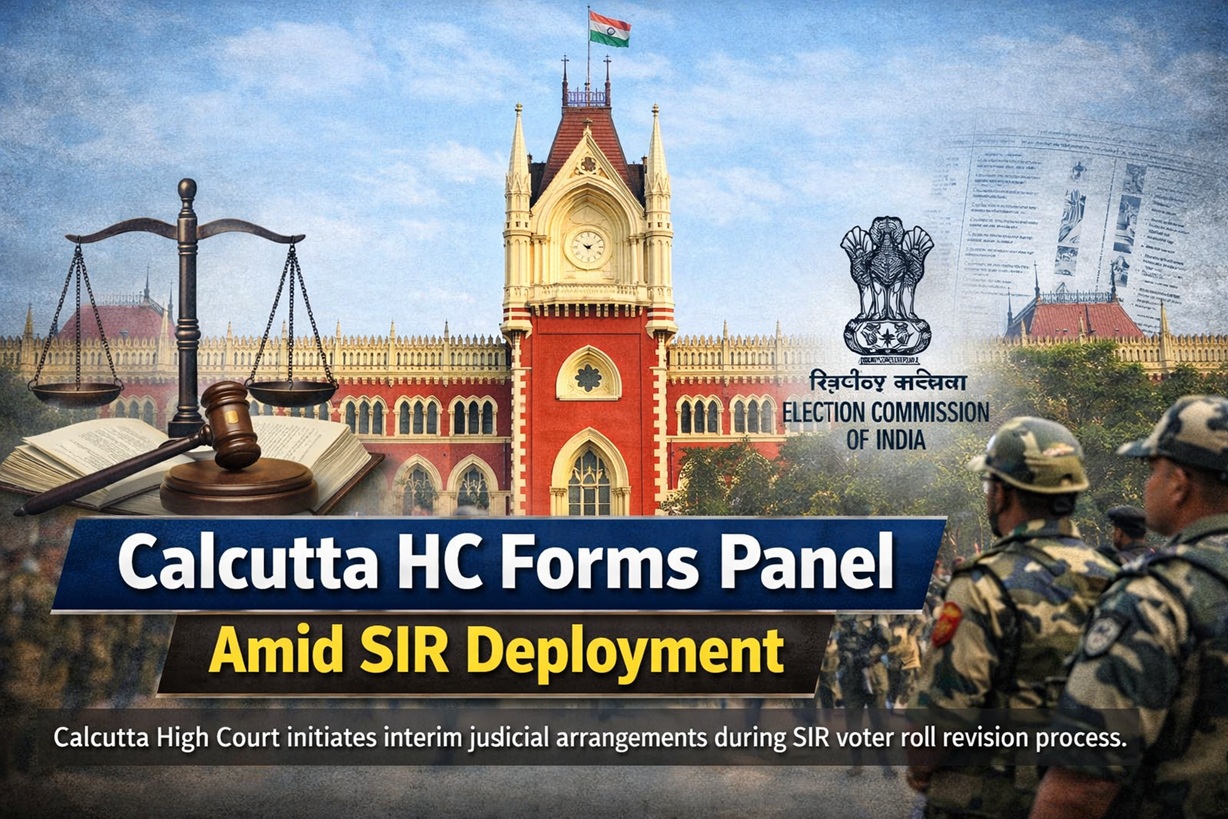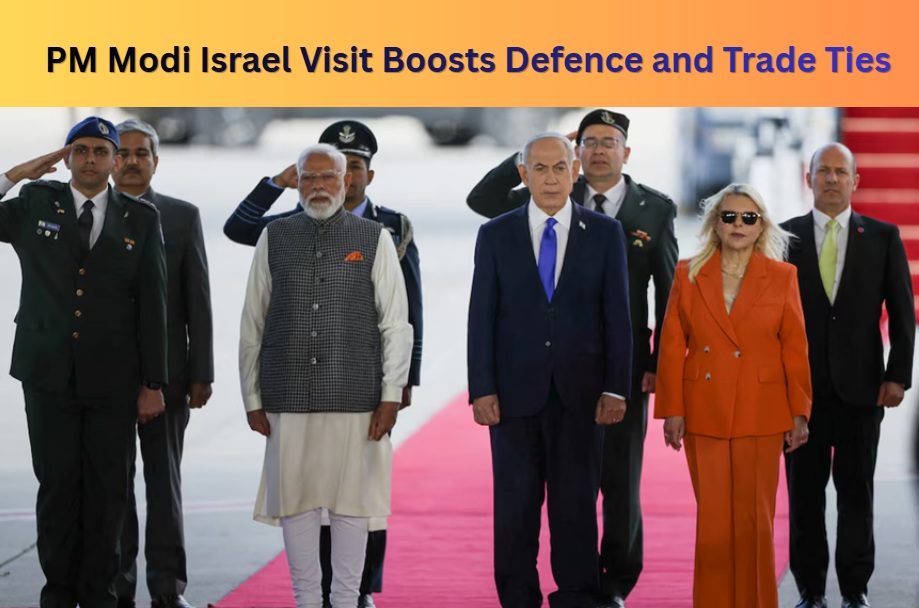A Nation in Mourning,
On April 22, 2025, India was shaken by a horrific terrorist attack in the Baisaran Valley of Pahalgam, Jammu and Kashmir. The gruesome act claimed the lives of 26 people—most of them innocent tourists. According to eyewitness accounts and preliminary investigations, terrorists identified victims based on their religion, asking them to recite Islamic verses before opening fire. The attack has drawn widespread condemnation and reignited national fury over cross-border terrorism.
In response, Prime Minister Narendra Modi issued a stern statement, declaring that India will take “decisive revenge”. His words have set the tone for a comprehensive, multi-pronged response that targets not just the terrorists but the ecosystem that nurtures them.
PM Modi’s Global Message: “We Will Not Forgive, We Will Not Forget”
Breaking from his usual practice of addressing such matters in Hindi, PM Modi delivered his warning in English—a deliberate move aimed at the global community. The message was unambiguous: India holds Pakistan accountable for allowing its soil to be used for launching terrorist attacks against Indian civilians.
“Those behind this barbaric act will be punished. We are committed to ensuring such tragedies do not recur,” the Prime Minister said in his address.
By choosing English, Modi ensured that international powers, especially in the West and Islamic world, could not plead ignorance or misinterpret India’s intentions. The message: If you stand with Pakistan, you stand against India.
Diplomatic & Economic Sanctions: India Tightens the Noose
In the days following the attack, India has swiftly mobilized its diplomatic and economic arsenal. The Commerce Ministry announced an indefinite suspension of all imports and exports with Pakistan, cutting off a critical lifeline to an already struggling neighbour.
Key Measures Taken:
Total trade suspension: No direct or indirect import/export with Pakistan.
Maritime embargo: Pakistani vessels are banned from docking at Indian ports.
Regional lobbying: India is actively engaging Gulf and Southeast Asian nations to limit Pakistan’s access to trade routes and diplomatic platforms.
Isolation in multilateral forums: Pakistan faces increasing marginalization in platforms like the OIC, FATF, and the UN, with India lobbying hard to expose its terror links.
India’s strategy is clear—economic strangulation without a single bullet being fired.
The Crisis Within Pakistan: A State on the Brink
While Pakistan’s Defense Ministry talks of missile tests and water wars, its internal condition is rapidly deteriorating:
1. Widespread Unrest
Balochistan: Armed groups have intensified attacks on Pakistani military convoys.
Khyber Pakhtunkhwa: Videos have emerged of soldiers surrendering to Tehreek-e-Taliban Pakistan.
Sindh & Karachi: Protests over water shortages and food inflation are spiraling out of control.
2. Economic Breakdown
Inflation has made essentials like tomatoes and cucumbers cost over ₹1000/kg.
Reports suggest Pakistanis are resorting to donkey meat due to extreme scarcity.
The Pakistani rupee continues to plummet, and foreign reserves have hit historic lows.
3. Political Paralysis
The civilian government led by Prime Minister Shehbaz Sharif is struggling to maintain credibility.
Imran Khan remains in jail, but his supporters are mobilizing against both the military and the establishment.
The military’s credibility has eroded, and some reports suggest internal divisions are widening.
Pakistan today appears to be a fractured federation—economically bankrupt, politically unstable, and socially volatile.
Water as a Weapon? India’s Indus Diplomacy
In the wake of the attack, discussions have reignited over India’s leverage under the Indus Waters Treaty. While India has not officially revoked the treaty, strategic delay and administrative actions have already started affecting downstream flow.
Pakistan’s Defense Minister has issued warnings, even threatening military escalation if water flow is altered. But in reality, Pakistan finds itself cornered. A conventional war is unaffordable, and nuclear posturing lacks credibility in the face of domestic chaos.
India’s approach here is Chanakyan—use the treaty as leverage, not as provocation, and expose Pakistan’s helplessness without violating international norms.
Global Community: Selective Outrage or Changing Attitudes?
India has repeatedly pointed out Western double standards. When Russia invaded Ukraine, global leaders demanded sanctions and action. But when Indian civilians are killed in cold blood, calls for restraint dominate headlines.
This time, however, there are signs of change. Several Western diplomats have condemned the Pahalgam attack, and some have expressed support for India’s right to self-defense. The message from Modi in English has helped reframe the narrative—not as a bilateral issue, but as a global fight against terrorism.
Conclusion: The Long War Has Entered a New Phase
The Pahalgam attack may be a turning point. Rather than reacting emotionally or militarily, India has adopted a calibrated, long-term strategy. It is:
Economically isolating Pakistan
Internationally shaming it
Politically exposing its internal chaos
Strategically using water and trade as leverage
This is not just retaliation; it’s a new doctrine of integrated national response. And at the center of it is Prime Minister Narendra Modi, whose approach reflects patience, precision, and purpose.
Pakistan, meanwhile, is rapidly approaching failed-state status, with unrest in multiple provinces, a collapsing economy, and a leadership vacuum. The fear in Islamabad is no longer about an Indian attack—but about implosion from within.
India’s message is clear: There will be no turning back without justice.
#pahalgamattack #pakistan #ajitdoval #pmmod #ajitdoval #amitshah #jammuandkashmir #pahalgamattackupdate #asimmunir #shehbazsharif #indianarmy #induswatertreaty #NationalSecurity





